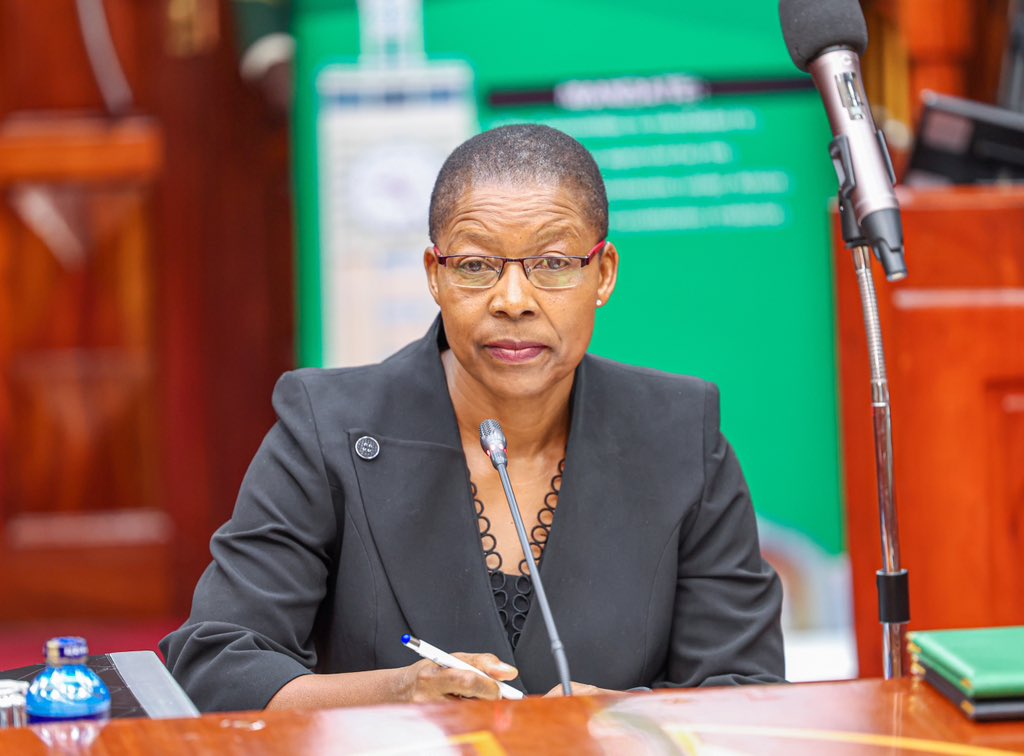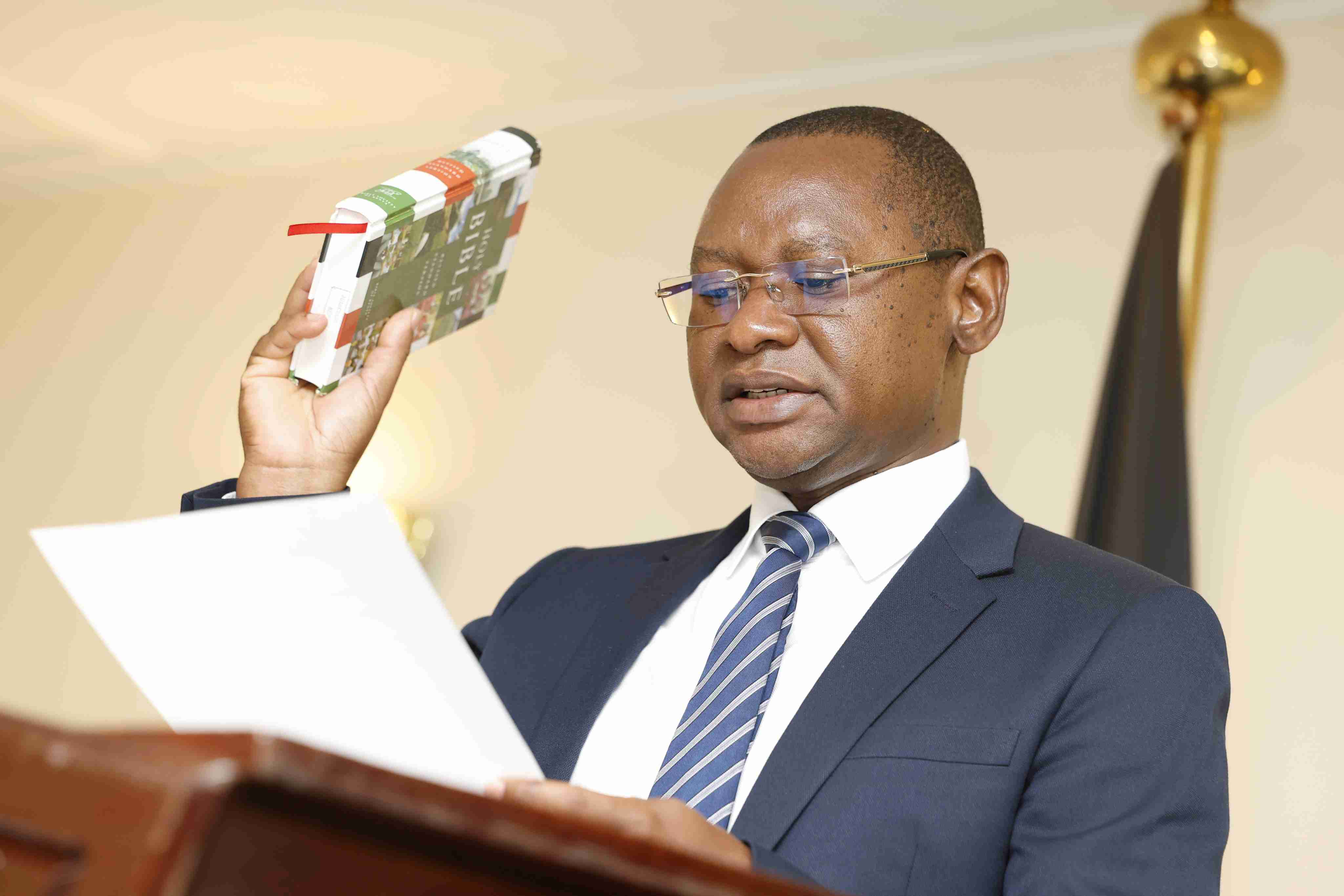AG Dorcas Oduor forms committee to address mass failure of law students

Data from the Council of Legal Education (CLE) shows that students have been failing the bar exam for the past 15 years, raising questions about their chances of ever being admitted to the bar.
The contentious matter of mass students failing their bar examinations is among the matters that the new Attorney General Dorcas Oduor seeks to confront following her meeting with the stakeholders in the law circles.
Oduor held the consultative meeting on Wednesday as part of her resolve to address matters dogging law students.
More To Read
- Court orders Kenya School of Law to admit student within 60 days
- AG denies knowledge of police officer’s death in Haiti despite Ruto’s statement at UN
- Kenya School of Law sets October 31 deadline for training applications
- CJ Koome, AG Oduor take opposing views on anticipatory bail amid Ruto criticism
- MPs call for prosecution of Kenya School of Law boss over procurement irregularities
- Justin Muturi reveals how he became AG after initially declining the role
The students, who have been raising concerns on admission criteria for law students to the advocates training programme, and transparency of the examination process administered by the Council of Legal Education (CLE) last month threatened protests, citing frustration and deliberate efforts to mark down their tests and delay their admissions.
Among the grievances also included the fees chargeable for law students for the advocates training programme and budgetary support for needy students seeking to enrol on the advocates training programme under Kenya School of Law (KSL).
The deliberations also focused on the budgetary allocation for the KSL and CLE. The Law Society of Kenya (LSK) president, chairpersons of KSL and CLE and the Kenya Law Reform Commission (KLRC) including respective CEOs were present.
In a statement issued following the meeting, it was agreed that a working committee to be led by the KLRC chairperson be formed to facilitate timely response to the issues.
"It will consolidate and harmonise the concerns raised by students, including the implications of the various court pronouncements on the subject matter," it reads.
Report on reforms
The committee is expected to develop a report within two months, that will inform the implementation of the requisite reform interventions.
Today began with a consultative meeting convened by the Hon. Attorney General Ms. Dorcas A Oduor, SC, OGW, EBS to address the widespread concerns over the legal education system in Kenya by students and other stakeholders.
— Hon. Shadrack J. Mose, CBS (SG) (@shadrack_mose) August 28, 2024
The meeting, attended by the President of the Law… pic.twitter.com/52vvclWykj
Data from the Council of Legal Education (CLE) shows that students have been failing the bar exam for the past 15 years, raising questions about their chances of ever being admitted to the bar.
To qualify as a high court advocate, students must pass all nine units offered during the 12-month course at the Kenya School of Law (KSL) located in Nairobi's Karen area. One qualifies for admission to KSL after graduating with a Bachelor of Laws (LL.B) degree from a university offering the programme.
Mass failing has been a concern of stakeholders in the law fraternity. For instance, in the results of the March 2023 Bar Examination, which were printed on June 13, 2023, and posted on the CLE website, it was indicated that students who were admitted to KSL in 2008 and 2009 were to continue retaking their exams for the longest time among the cohorts admitted to the school until they were deemed qualified.
This means that they cannot practise law or provide legal consultancy until they pass the bar exam. To qualify for admission to the bar, a candidate must achieve a pass mark of 50 per cent or above in all nine subjects offered and must also pass an oral examination and a written project in all subjects.
Students joining KSL have to pay Sh145,000 for admission and Sh45,000 in examination fees for all the nine units they have to take within 12 months.
Those who fail are charged Sh10,000 for each paper they fail, meaning that if you fail all nine units, you will have to pay Sh90,000 before you are allowed to retake the exam.
The most common subjects failed by re-sitters are Probate or Administration, Conveyancing and Commercial Transactions.
Top Stories Today














































